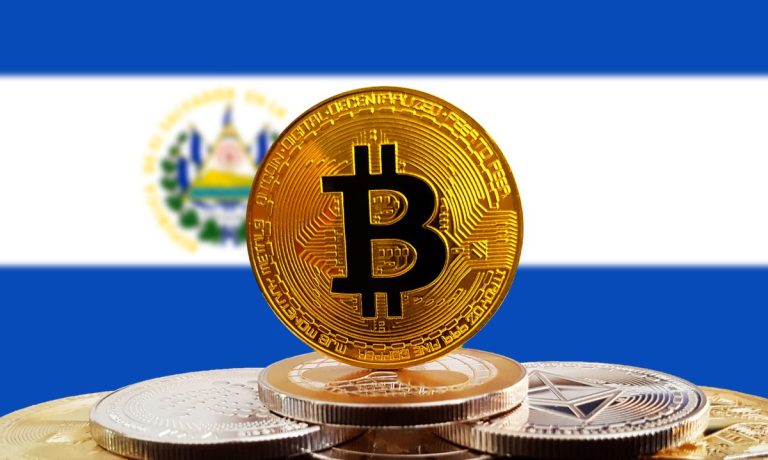IMF’s Silence Signals El Salvador Needs to Abandon Bitcoin to Secure $1.3B Loan

El Salvador is still asking the International Monetary Fund (IMF) for a $1.3 billion loan, and the IMF is still asking El Salvador to drop bitcoin as legal tender.
That’s one fairly obvious takeaway from the Tuesday (Jan. 25) statement the IMF released on its ongoing negotiations with the Central American nation, which embraced bitcoin as a full legal tender in September. El Salvador has not had its own fiat currency since 2001, when it turned to the U.S. dollar.
That’s a conclusion economist Luis Membreño also reached, according to El Salvador.com.
“The IMF is making it clear, diplomatically, that if the country does not set aside the bitcoin law, there will be no negotiations for an agreement,” he told the news site.
That was echoed by Rommel Rodríguez, a macroeconomics and development researcher at El Salvador’s National Development Foundation (FUNDE).
Pointing out that the IMF statement made no mention of the loan negotiations, Rodríguez said the IMF is “implicitly” telling the administration of President Nayib Bukele that “without a doubt the Bitcoin issue will be the stumbling block and it will be very difficult for the fund authorities to be willing to finance the Salvadoran state if an agreement is not reached.”
Interestingly, the IMF executive board’s consultation report is fairly positive, noting that the “pandemic interrupted 10 years of growth, but El Salvador is rebounding quickly.”
Citing “robust external demand, resilient remittances, and a sound management of the pandemic” — aided by a $389 million disbursement from the IMF — the economy is seeing a strong recovery, it said.
While El Salvador’s economy contracted by 7.9% in 2020, it is expected to have grown by 10% last year, with 3.2% growth predicted for 2022, the statement said. It had no mention of the $1.3 billion loan under discussion.
However, it warned of emerging “public debt vulnerabilities” and high debt service costs — without specifically pointing out that this is being worsened by debt downgrades from agencies such as Moody’s, which have driven El Salvador’s bond rating far into junk territory, saying bitcoin investments “certainly add to the risk portfolio” of El Salvador.
The IMF also praised the Chivo digital wallet that Bukele’s administration created for El Salvador’s bitcoin experiment — albeit in a general way, saying that embracing digital payments could help boost financial inclusion.
What came next could be seen as a negotiation offer. Instead of just calling for an end to the use of bitcoin, the executive board urged the government to “narrow the scope of the bitcoin law by removing bitcoin’s legal tender status.”
Citing the huge risks the cryptocurrency poses for stability and consumer protection, the report called for stricter oversight of the nascent ecosystem, rather than outright elimination. It also pushed back against the Bukele administration’s plans to issue $1 billion in bitcoin-backed bonds for a geothermal-powered Bitcoin City.
Criticism of the bitcoin experiment is not limited to the IMF and ratings agencies. It is one of the most unpopular policies by the otherwise popular president. It doesn’t help that bitcoin’s price has been tanking, with the value of the country’s 1,801 bitcoins down by about 29%.
In related news, the Central American Bank for Economic Integration (CABEI) said its study on the Bitcoin Law, launched in June, is still a few months off, El Salvador.com noted.
The organization added that its role is providing technical assistance, seeking to “strengthen the current law or provide inputs to strengthen the current law to investigate associated risks” in ways that will benefit of the country, said Raúl Castaneda, CABEI head of El Salvador.